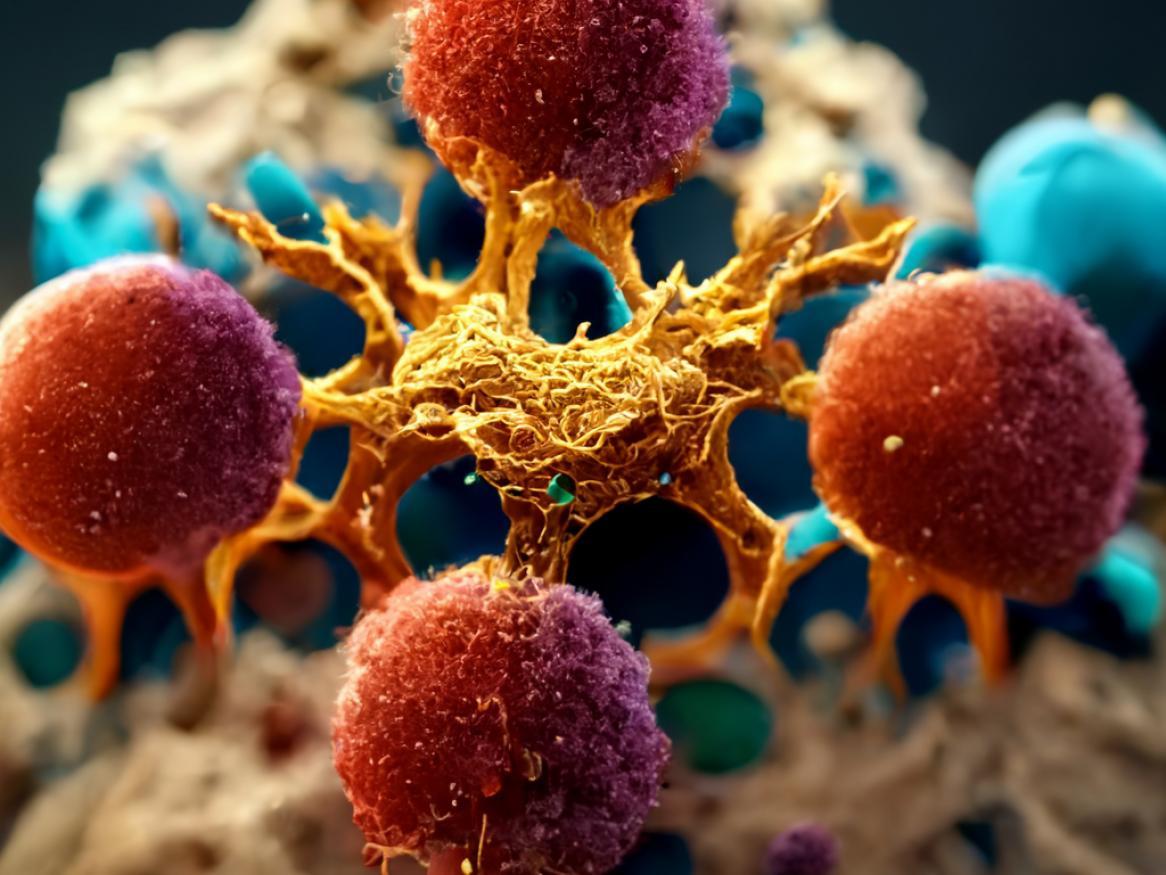Materials Engineering Research
Our materials engineering research is conducted in state-of-the-art laboratories located at the Engineering North Building and the Helen Mayo North Building.
Our capability spans the following areas:
- Circular Economy of battery materials
- Functional nanomaterials for fuel production from renewable electricity, H2, synthetic fuels, and green ammonia
- Photocatalyst materials for solar-fuel production
- Energy storage materials: rechargeable batteries, supercapacitors, aqueous batteries, storage of H2
- Nanomaterials for fuel cell electrodes
- Process engineering of nanomaterials (e.g. nitrogen doped carbon nanodots) and quantum materials
- Graphene and 2D materials for industrial applications; coatings, electronic applications, additive manufacturing, and applied device prototyping
- Nanomaterials for environment and water remediation
- Materials for optical sensing and bio-sensing
- Advanced characterisation of materials
- Modelling of materials by ab initio methods and force-field based methods
- Fabrication and application of quantum materials
Our materials engineering and nanotechnology capability achieved the highest ranking (5; well above world standard) as evaluated by Excellence in Research for Australia (ERA). We are the home to world leading researchers – Prof Shizhang Qiao (triple Hi-Ci in Materials Science, Chemistry and Environment and Ecology; ARC Laureate Fellow), Prof Shaobin Wang (triple Hi-Ci in Chemistry, Engineering and Environment and Ecology; and Prof Zaiping Guo (Hi-Ci; ARC Laureate Fellow).
Bioinspired Materials and Devices Research Group
Creating new materials inspired by nature to become leaders in bioinspired nanomaterials, bioengineering and microfluidics development for critical precision nanomedicine and industry relevant applications.
-
Research impact
We’re making an impact through the following research projects, hubs, and fellowships:
- Solar-driven sustainable production of fuels and chemicals.
- Laureate Fellowship, funded by the Australian Research Council.
- Design the next generation of batteries. Laureate Fellowship, funded by the Australian Research Council.
- ARC Research Hub for Graphene Enabled Industry Transformation. Funded by the Australian Research Council and industry partners.
- ARC Research Hub in New Safe and Reliable Energy Storage and Conversion Technologies. Funded by the Australian Research Council and industry partners.
- Electrocatalytic Refinery for Fuels and Chemicals. Future Fellowship, funded by the Australian Research Council.
- Develop Catalyst Materials for Future Fuels by Operando Computation. Future Fellowship, funded by the Australian Research Council.
- Single-atom anchored photocatalysts for solar ammonia production. ARC Discovery Early Career Researcher Award, funded by the Australian Research Council.
- Functional carbon hybrids for green catalysis and clean water. ARC Discovery Early Career Researcher Award, funded by the Australian Research Council.
- Photonic Viropsy: Harnessing light on chip for precise SARS–CoV–2 diagnosis, funding by the Australia-India Strategic Research Fund.
- Catalytic Degradation of Emerging Microplastic Pollutants. Discovery Project, funded by Australian Research Council.
- Green remediation of water by smart micro-reactors. Discovery Project, funded by Australian Research Council.
- Batteries of the future-a new strategy for CO2 fixation and energy storage.Discovery Project, funded by Australian Research Council.
- Low cost aqueous rechargeable zinc batteries for grid-scale energy storage, Discovery Project, funded by Australian Research Council.
- High energy density, long life, safe lithium-Ion battery for electric cars, Linkage Project, funded by Australian Research Council.
- Safe and Reliable Solid-State Zinc Batteries, Discovery Project, funded by Australian Research Council.
- Bioinspired photo–iontronic membranes for smart neuron-mimicking systems, Discovery Project, funded by Australian Research Council.
-
Consulting services
We advise on, contribute to and lead, projects relating to:
- Research programs for national and state research-and-development schemes, such as Cooperative Research Centres and the Premier’s Science and Research Fund
- High-energy lithium Ion battery for electric cars (co-invested research, consulting)
- Low-cost aqueous zinc batteries for large-scale renewable energy storage (co-invested research, consulting, patent)
- Metal-carbon dioxide batteries for CO2 fixation and energy storage (co-invested research, consulting)
- Sustainable recycling of spent rechargeable batteries (co-invested research, consulting)
- Materials for green hydrogen production and utilization research project (co-invested research, consulting)
- Safe, high performance, low-cost aqueous batteries project (co-invested research, consulting, patent)
- Next-generation synthetic fuel research project (co-invested research, consulting)
- Advanced water purification and disinfection technologies (co-invested research, consulting)
- Solid waste management and upgrading to value-added products (co-invested research, consulting)
-
Our researchers
Our researchers are available to assist with research project supervision for Master of Philosophy and Doctor of Philosophy students.
- Professor Shi-Zhang Qiao
- Professor Shaobin Wang
- Professor Zaiping Guo
- Professor Dusan Losic
- Professor David Lewis
- Professor Volker Hessel
- Associate Professor Yan Jiao
- Associate Professor Yao Zheng
- Associate Professor Abel Santos
- Dr Diana Tran
- Dr Xiaoguang Duan
- Dr Jingrun Ran
- Dr Cheng Tang
- Dr Jian Feng Mao
- Dr Tran Tung
- Dr Huayang Zhang
- Dr Wenjie Tian
- Dr Pengtang Wang
- Dr Huanyu Jin
- Dr Chao Ye
- Dr Junnan Hao
- Dr Fangxi Xie
- Dr Md Julker Nine
- Dr Pei Lay Yap
- Dr Farzaneh Farivar
- Dr Shilin Zhang
- Dr Jieqiong Shan
- Dr Fuhua Yang
- Dr Gemeng Liang
- Dr Jinshuo Zou
- Dr Sailin Liu
- Dr Shiyong Zhao
- Dr Giuseppe Tettamanzi
-
Fields of research codes
Our materials engineering research strength covers the following Fields of Research (FoR) Codes: Functional materials (401605), Electrochemical energy storage and conversion (400404), Micro-and nanosystems (401801), Nanofabrication, growth and self-assembly (401805), Nanomaterials (401807), Nanophotonics (401809), and Nanoscale characterisation (401810).
Higher degree by research opportunities
Be involved in engineering discovery, invention, and cutting-edge research through a higher degree by research. Join our Master of Philosophy or Doctor of Philosophy programs.


